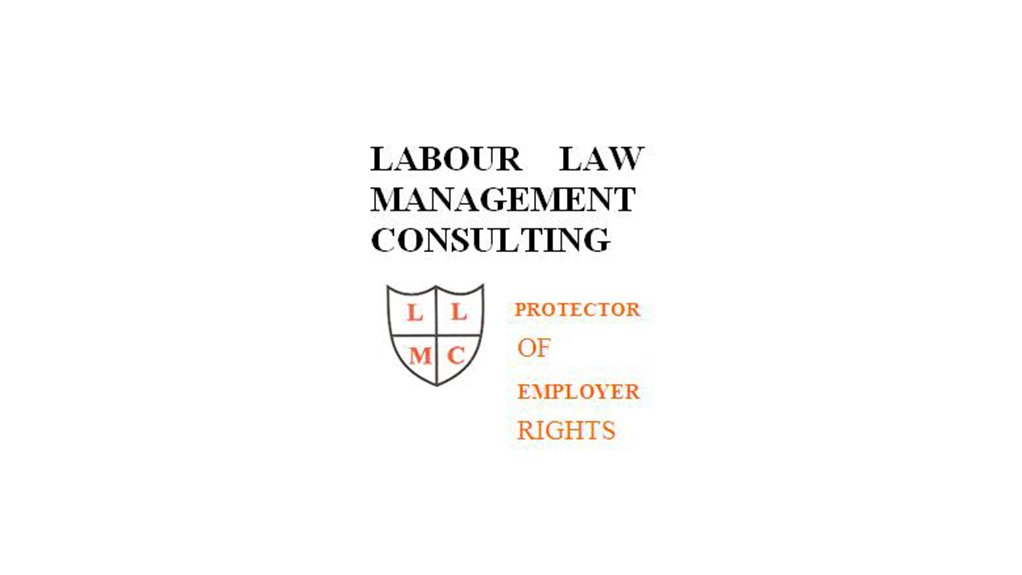Legal procedure makes it immensely difficult for a party at arbitration to win its case without witnesses because the testimony of witnesses normally forms the crucial core of the evidence.
The evidence that the arbitrator assesses for purposes of deciding the case falls into three broad categories. Viz:
- Documents
- Sundry items such as video tapes, stolen goods, photos and other items relevant to the case at hand
- Witness testimony
While all three types of evidence are very important the testimony of witnesses is the most crucial of all. This is because it is difficult to bring documentary or other evidence without using witnesses as a channel. For example, the employer’s representative will need to validate evidence such as letters by bringing, as a witness, the authors of the letters.
In the case of NUMSA obo Buthelezi vs Falcon & another (2003, 10 BALR 1110) the employee was dismissed for attempting to steal paint belonging to the employer. The employer brought a sworn statement from the security guard who had caught the employee with the paint. However, as the security guard did not give evidence at the arbitration hearing the employer was unable to validate the sworn statement. The arbitrator therefore found the dismissal to be unfair and ordered the employer to reinstate the employee with full back pay to the date of the dismissal.
Not only are witnesses the most crucial source of evidence they are also the most difficult source of evidence to utilise. There are many reasons for this:
- Unless properly managed, witnesses can disappear or fail to turn up at the arbitration hearing
- Unless properly prepared, witnesses forget important details
- Witnesses can be bribed or otherwise persuaded to lie
- Unless expertly handled, witnesses may get nervous during the arbitration hearing. They may therefore get flustered and so make mistakes.
Due to the fact that witnesses are the most crucial means of winning a case at arbitration and , at the same time, the most difficult evidentiary element to control any party at arbitration should use the services of a labour law expert to:
- Identify well in advance all the witnesses that will be needed
- Prepare these witnesses to ensure that they will truthfully give the evidence relevant to the case of the party who calls them
- Work out which witnesses will be used to validate which documents and other evidence.
To buy our e-book, “Walking the New Labour Law Tightrope” please go to www.labourlawadvice.co.za.
Written by lvan lsraelstam, Chief Executive of Labour Law Management Consulting. He may be contacted on (011) 888-7944 or 0828522973 or on e-mail address: ivan@labourlawadvice.co.za. Go to www.labourlawadvice.co.za.
EMAIL THIS ARTICLE SAVE THIS ARTICLE
To subscribe email subscriptions@creamermedia.co.za or click here
To advertise email advertising@creamermedia.co.za or click here











